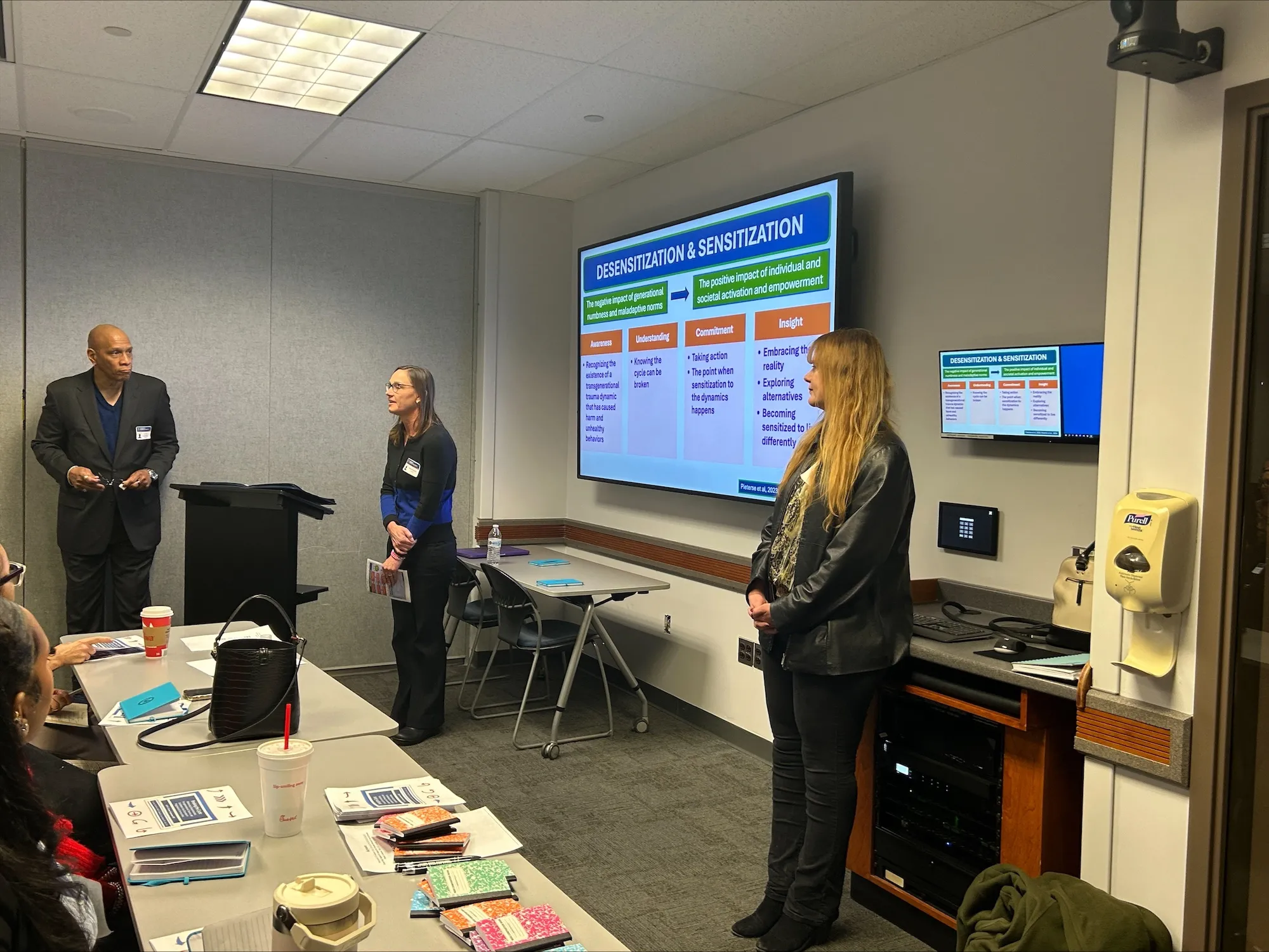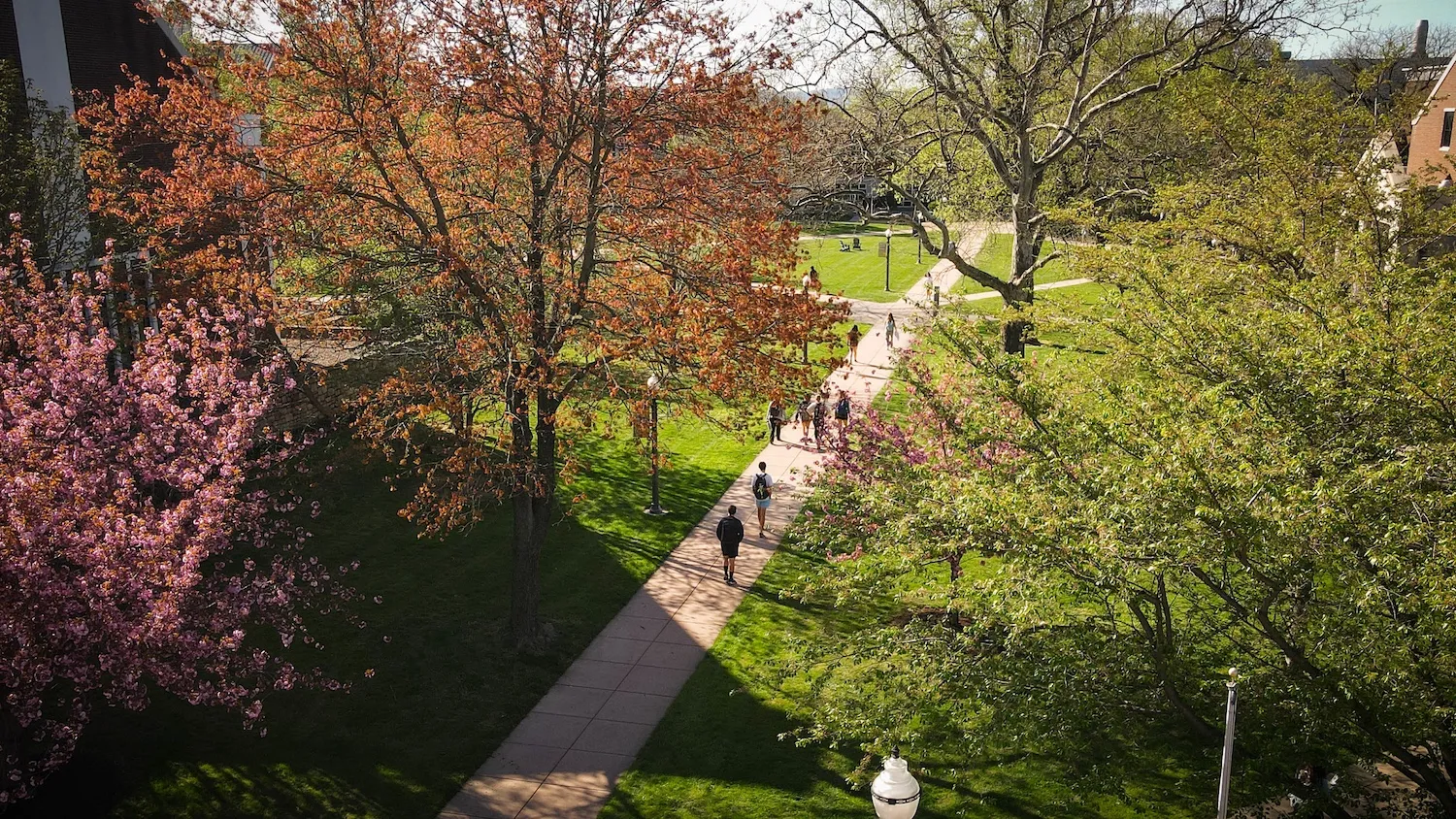
LVC News
- Accounting
- Accounting/MBA 3+1
- Actuarial Science
- Allwein Scholars
- Alumni Profiles
- Athletic Training
- Athletics
- Awards
- Biochemistry & Molecular Biology
- Biology
- Breen Center
- Business Administration
- Campus
- Chemistry
- Clinical Exercise Physiology
- Clinical Mental Health Counseling
- Community Service
- Computer Science
- Creative Arts
- Creative Writing
- Criminal Justice
- Data Science
- Digital Media
- Economics
- Education
- Engineering
- English
- Environmental Science
- Esports
- Exercise Science
- Faculty Profiles
- Gallery
- German
- Giving
- Graduate Studies
- History
- Honors
- Intelligence and Cybersecurity
- Interaction Design
- International Business and Policy
- LVEP
- Marketing
- Mathematics
- MBA
- Medical Humanities
- Medical Laboratory Science
- Music
- Music Education
- Music Production
- Neuroscience
- Nursing
- Physical Therapy
- Physics
- Political Science
- Pre-Law
- Pre-Medical Professions
- Psychology
- Self-Designed
- Social Justice and Civic Engagement
- Sociology
- Spanish
- Speech-Language Pathology
- Sport Performance
- STEM Education
- Student Profiles
- Study Abroad
- Sustainability
- Transfer
- Undecided/Exploratory
Supporting Teens Through Friendship Breakups: Insights from an LVC Expert

As Lebanon Valley College’s master’s in Clinical Mental Health Counseling Program continues to lead in adolescent mental wellness, Dr. Cynthia Vejar, program director, shares crucial insights into working with teen patients, including the world of teenage friendships and breakups.
“Adolescent friendships are pivotal,” says Vejar, “They are the first steps toward independence, so when they end, it can feel like a rug is pulled from under the teen’s feet.”
Common reasons for these breakups range from evolving interests to handling stress from family or mental health issues. Love triangles, gossip, and bullying can also exacerbate these natural growing pains.
Vejar emphasizes the emotional rollercoaster teens may experience during a friendship breakup, including grief, insecurity, and even relief when toxic relationships end. “The emotional turmoil can be profound because friendships are a primary way teens find their identity.”
However, even in heartbreak, there’s hope. Vejar suggests parents remain authentic and empathetic. Simple gestures like asking, “How can I support you?” or “Let’s do something special together” can bridge gaps. It’s equally important to know what not to say, avoiding phrases that minimize their feelings or offering ‘expert’ advice that may be perceived as out of touch.
Recognizing when a teen needs professional help is vital. Warning signs include changes in behavior, mood swings, or substance use. Vejar encourages parents to monitor these signals closely, as timely intervention can make a significant difference.
Vejar’s closing advice to parents is a reminder about the ongoing journey of communication. “It’s okay to feel uncertain. Being present and willing to learn alongside your teen matters most.”
Connect with LVC’s Clinical Mental Health Counseling Program for additional resources.




